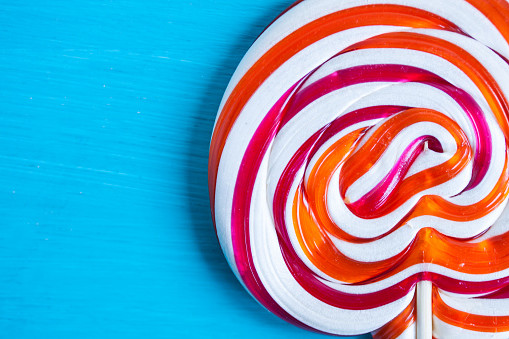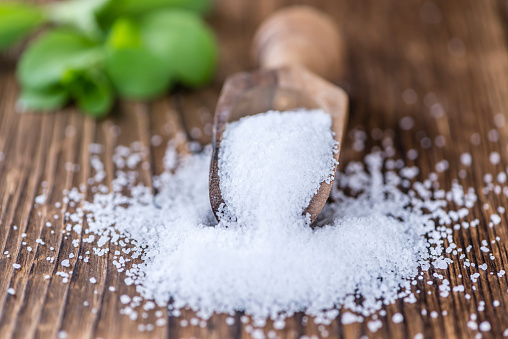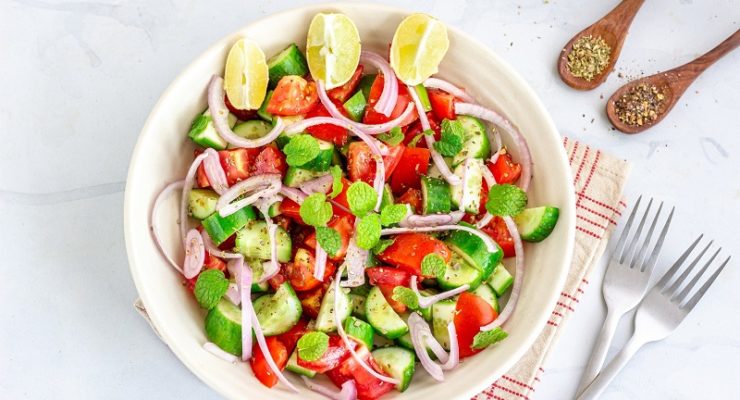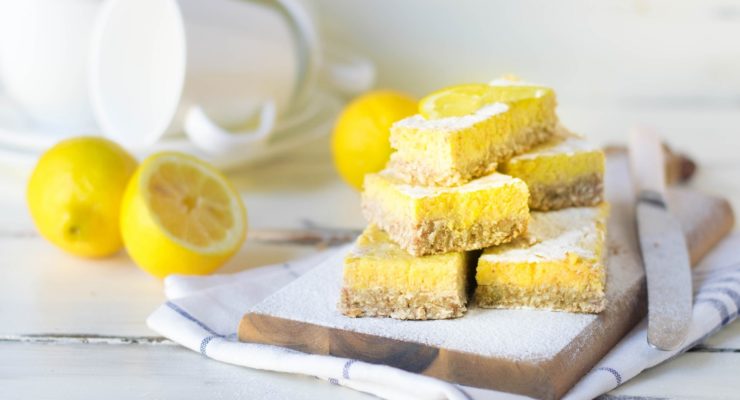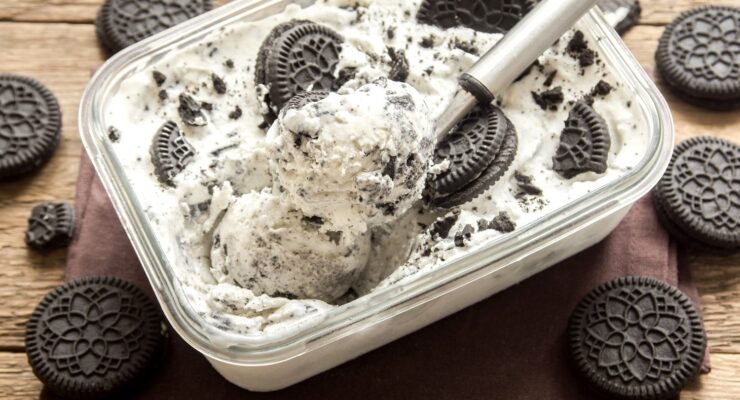Should You Stop Eating Fruit Because of the Sugar?
Article posted in: Diet & Nutrition
The short answer: No. The slightly longer answer: Absolutely not. Sugar is made up of the same two parts: fructose and glucose; and that’s true whether it’s naturally occurring in a piece of fruit, or refined and added to cereal, baked in a cake or spooned into your cup of coffee. “No matter what form it comes in, sugar is a simple carbohydrate that is broken down for energy,” says Tammy Lakatos Shames, RDN and co-author of The Nutrition Twins’ Veggie Cure. “But the type of sugar—natural or refined—impacts health differently.”
Take refined sugar: this is processed from sugar cane or sugar beets, and is the kind you find in a candy bar or can of soda, for example. Aside from providing a source of energy, refined sugar typically comes in foods that lack other good stuff, like filling fiber and healthy nutrients, explains Shames. So when you indulge in a candy bar or munch on frosted cereals, sugar enters the blood stream very quickly, causing blood sugar to spike, then crash. Low blood sugar signals the body that it needs more energy; and the quickest pick-me-up: “more sugar,” says Shames, which starts a vicious sugar-craving cycle. Consuming too much refined sugar can contribute to inflammation, disease, and obesity.
The sugar that naturally occurs in fruit is also packaged with water, antioxidants, vitamins, minerals and a slew of healthy nutrients. Plus, whole fruits are a good source of fiber—which not only helps fill you up, but also slows down the digestion of glucose so blood sugar stays steady, explains Shames. But it’s important to remember that with all foods, even healthy ones, eating too much can lead to weight gain—and fruit is no exception. On the Nutrisystem plan, fruit falls into the SmartCarb category. Good fruit choices include: Apple, pear or orange (one medium); banana (one medium); blackberries, blueberries, strawberries (one cup); clementines or kiwi fruit (two), grapes (one cup), peach (one fresh) and plums (two).

